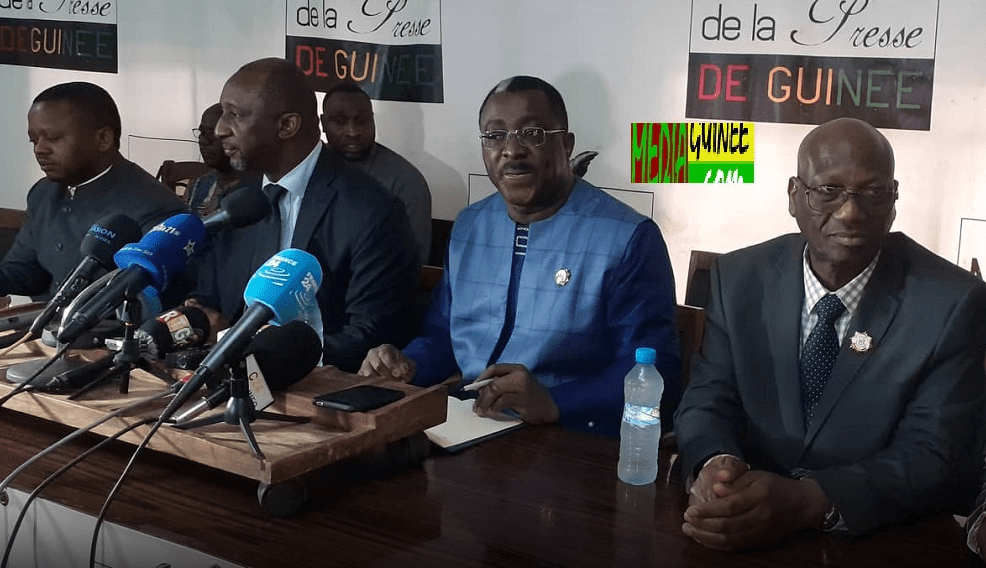The Assistance Mission of the International Organization of the Francophonie (OIF) is quitting Guinea’s electoral process describing it as flawed, according to a statement made available to APA on Monday.
By Sadjo Diallo
This decision is justified by many “shortcomings,” the statement reveals ahead of the country’s legislative elections combined with the referendum on the new constitution scheduled for March 1, 2020.
“Regarding these persistent shortcomings, which were particularly pointed out to the Electoral Commission during the recent submission of the mission report, it will be difficult for the OIF to continue to support the electoral process in Guinea, unless a consensus on the number of voters is found between all national stakeholders,” the OIF says.
The Assistance Mission recalls that the assessment of the electoral roll, jointly conducted in 2018 by the OIF, the United Nations and the European Union, at the request of Guinea’s partners, had revealed that the 2015 electoral roll included 2,490,664 dubious voters.
It says although they were not re-examined in 2019 before the Administrative Commissions for the Establishment and Revision of the electoral lists to confirm their registration, still continue to appear in the current database.
“The shortcomings noted in these figures include a certain number of cases of deceased or undeclared voters, as well as duplicates”, the document underlines.
“In total, it turns out that 98 percent of these 2,490,664 voters do not have documents to help in their identification, although the law provides for six types of documents to justify the identity and age of the voter,” OIF says, stressing that the mandate of its technical mission “did not consist in any validation or invalidation of the national electoral register.”
Besides, the International Organization of the Francophonie condemned all the acts, which already caused deaths.
It urged the Guinean authorities to act to avoid any further losses of human lives and to stop any risks of escalating the violence.
“The Secretary General of the Francophonie would like to reassure Guinea’s partners about the availability of his organization to support any initiatives that would, by way of consensus, promote the strengthening of democracy and the consolidation of peace and social cohesion in Guinea,” the statement reads.
As a reminder, the country’s main opposition ‘Union des forces démocratiques de Guinée’ (UFDG) of Cellou Dalein Diallo and the ‘Union des forces républicaines (UFR) of Sidya Toure, who have 47 elected representatives (37 for UFDG and 10 for UFR) out of 114 MPs, have decided to boycott the legislative elections, denouncing “an electoral roll tailor-made for the Executive.”
SD/cgd/fss/as/APA


